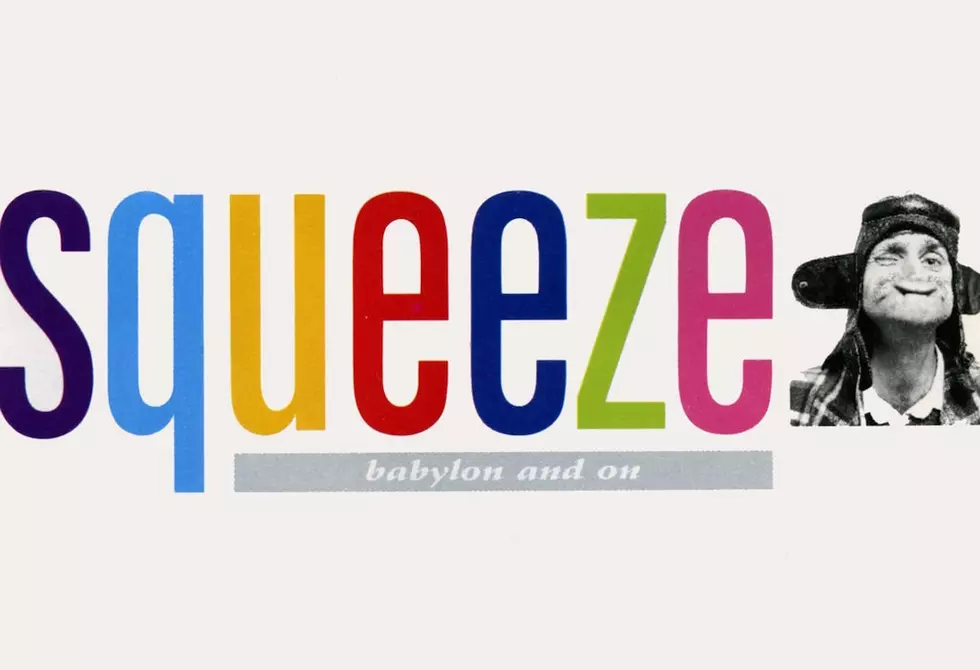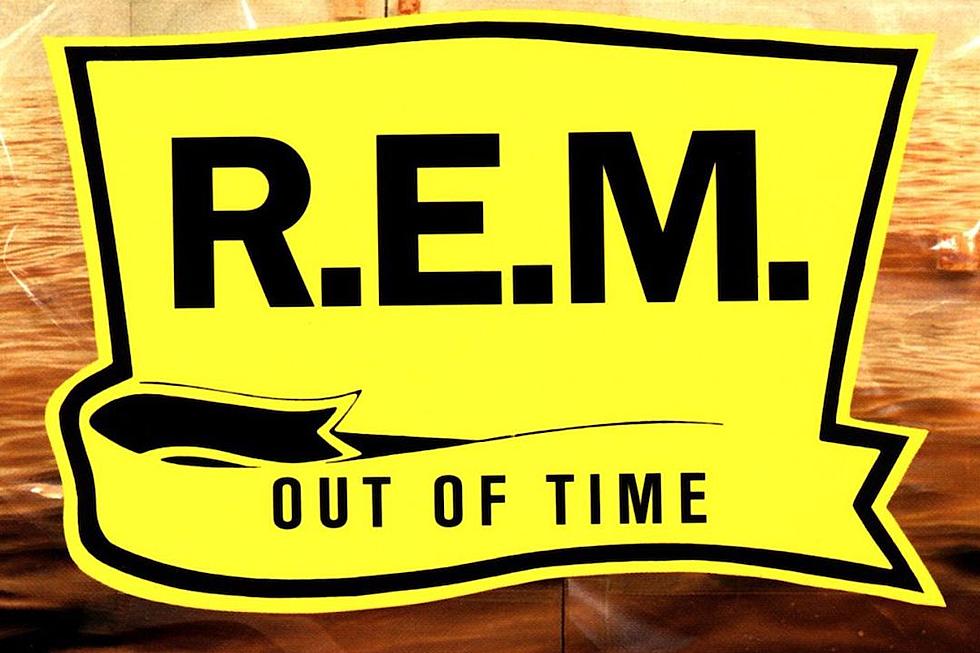25 Years Ago: Squeeze Release ‘Play’
It's always a good idea to be careful what you wish for — even if you're wishing for rock 'n' roll stardom. By the late '80s, Squeeze were a perfect cautionary case in point.
After achieving long-overdue breakthrough success with 1981's East Side Story LP, the band found it increasingly difficult to maintain momentum. Hampered by seemingly incessant lineup changes and a number of ill-advised creative decisions — not the least of which was their temporary breakup shortly thereafter — the group struggled through a fallow stretch before pulling off an unlikely comeback with 1987's Babylon and On.
Unfortunately, in what was developing into a career-long theme for Squeeze, Babylon's pop glory proved short-lived; the band's follow-up effort, 1989's Frank, failed to match its predecessor's sales or airplay, and they ended the decade by exiting their long-standing deal with A&M Records. Free agents for the first time, they released a stopgap live album, A Round and a Bout, the following year while sorting out their options.
Ultimately, Squeeze settled on a new deal with Warner-affiliated Reprise, where frontmen and chief songwriters Chris Difford and Glen Tilbrook led the lineup into the studio with producer Tony Berg — then riding high on the success of Michael Penn's March LP. As he had with that project, Berg gave the new Squeeze material a tastefully layered veneer, sending the sonically malleable band in something of an adult contemporary direction — which, as it happened, was wholly appropriate.
Titled Play and released in July of 1991, the band's ninth LP found Difford and Tilbrook approaching familiar themes — mainly love and its frequent ruin — through older, wiser eyes. Starting with the leadoff track and first single "Satisfied," the record boasts the hard-won maturity of experience — or as much of it, anyway, as an album with a punny title and lyrics like "A very acidic tongue waggled in her head / Nyeahyeah" can claim.
In fact, for Squeeze fans of a certain stripe, Play is one of the band's more consistently rewarding efforts — a set of songs that balances Difford and Tilbrook's trademark wry humor against a frequently bruised, bittersweet perspective. Tracks like "Walk a Straight Line" and "There Is a Voice" find their protagonists at crossroads familiar to anyone who's seen choices that once seemed infinite winnowed by recklessness and immaturity. As the audience that supported them in the late '70s aged into creatures of habit, Difford and Tilbrook summed up that often bumpy journey with a handful of barbed pop lures.
Sadly, they failed to find purchase. In the U.S., Play missed the charts completely; in their native U.K., the record barely brushed the Top 40. After only one album, Squeeze's tenure with Reprise ended with barely a ripple — and when they resurfaced two years later with Some Fantastic Place, they were back on A&M.
Play's failure presaged a turbulent period for Squeeze fans, and marked the dawn of an era in which the group changed from a band of relative equals into a rotating gaggle of sidemen for Difford and Tilbrook. Throughout the '90s, they moved from one indie deal to the next, weathering personal and creative crises along the way; after limping through 1998's poorly received Domino LP, they parted ways for nearly a decade.
After that period of inactivity, Difford and Tilbrook managed to reconnect in 2007, and issued Cradle to the Grave, their 14th LP (and first since Domino) in 2015. For fans of grown-up pop, it was a more than welcome, long-overdue return — but after all these years, it's hard not to wonder what might have been different if Squeeze had been able to make the most of their many missed opportunities. Whatever its flaws, Play remains among the most tantalizing.
Why Aren't These Bands in the Rock and Roll Hall of Fame?
More From Diffuser.fm









